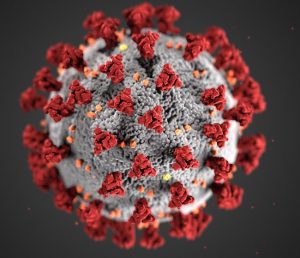After reading an economics paper that claimed to document an increase in the rate of rape in European countries following the passage of prostitution bans, a data scientist had questions.
The scientist, who wishes to remain anonymous, sent a detailed email to an editor of the Journal of Law and Economics, which had published the paper last November, outlining concerns about the data and methods the authors used.
Among them: the historical rates of rape recorded in the paper did not match the values in the official sources the authors said they used. In other cases, data that were available from the official sources were missing in the paper, the researchers didn’t incorporate all the data they had collected into their model, and a variable was coded inconsistently, the data scientist wrote. (We’ve made the full critique available here.)
Given the consequences the conclusions of the article could have for people in the sex industry, the data scientist wrote, “I hope that someone takes this very seriously and looks into it the [sic] validity of the analysis and the data they used.”
Continue reading Editor won’t investigate data concerns about paper linking anti-prostitution laws to increased rape








